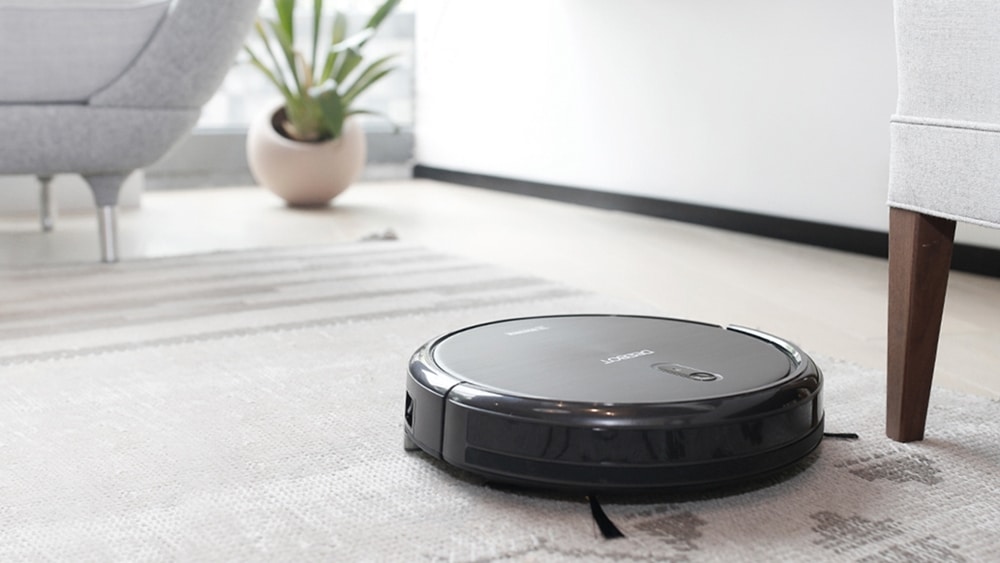A group of researchers led by Nirupam Roy from the University of Maryland, in collaboration with assistant professor Jun Han of the University of Singapore, has seemingly established that commonly used robotic vacuum cleaners can be hacked remotely and used as a microphone. This research was presented at the Association for Computing Machinery’s Conference on Embedded Networked Sensor Systems (SenSys 2020) last month.
The researchers tested and collected information from the laser-based navigation system in a robot vacuum. They then applied signal processing and deep learning techniques to recover speech and were able to identify television programs playing in the same room where the device was operating.
The research reveals how the devices can be used for eavesdropping. They detailed how almost all the devices that use light detection and ranging (LiDAR) technology can be manipulated as a monitoring device by transmitting sound even if they do not have a microphone.
ALSO READ
These are the Top 10 Emerging Technologies of 2020
The LiDAR systems operate by directing a laser beam around the room. The reflected signals are then used to map the room, enabling the robot to navigate the room without collisions.
Apart from being manipulated to eavesdrop, the mapping data from these vacuums can also be accessed and used by hackers since they are mostly stored on the cloud. Simple privacy breaches can give information about things such as home size and other privileged data. Robot vacuum cleaners are just one example of potential vulnerability to LiDAR-based espionage activities. Many other devices are susceptible to hackers.





















